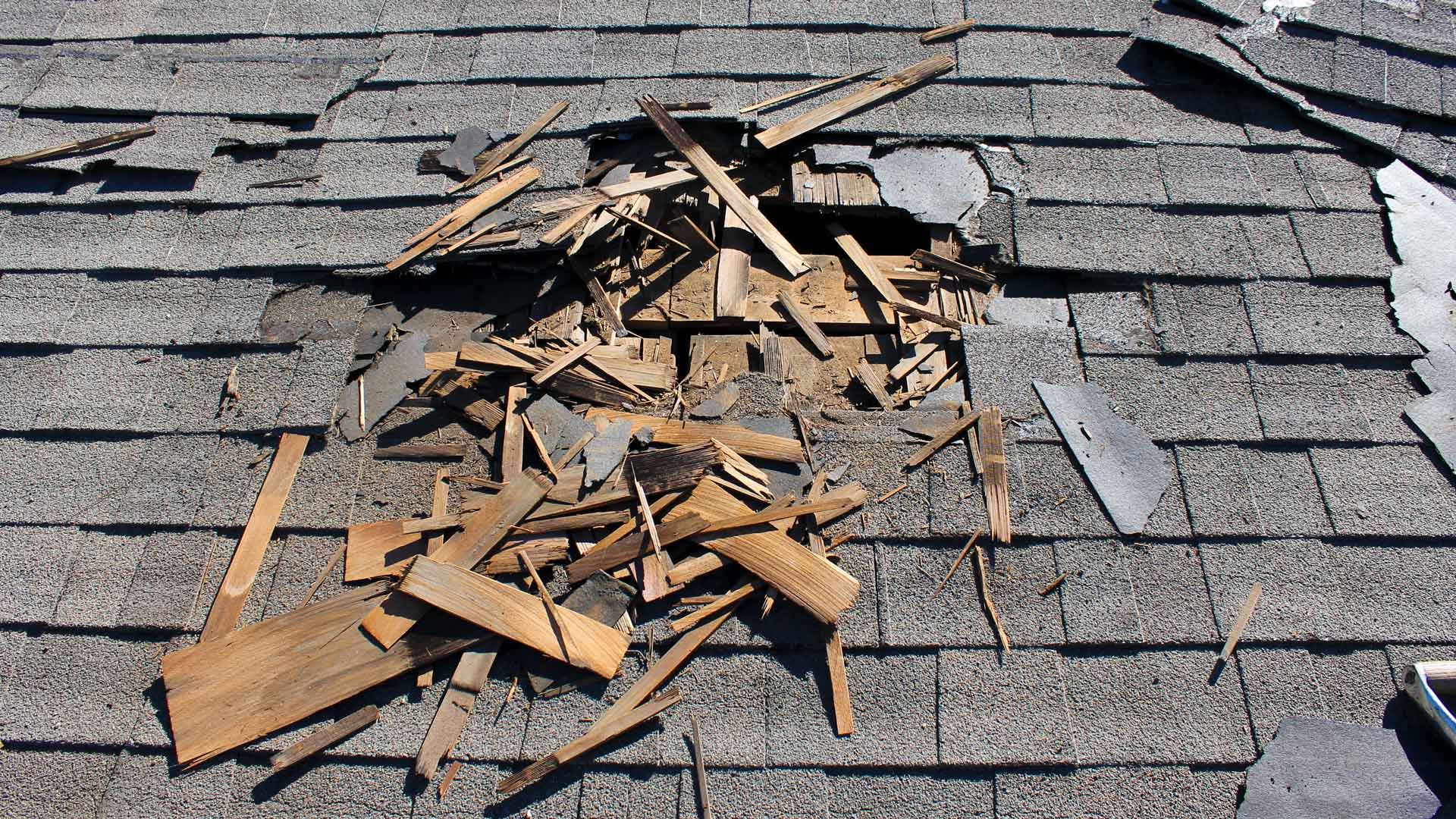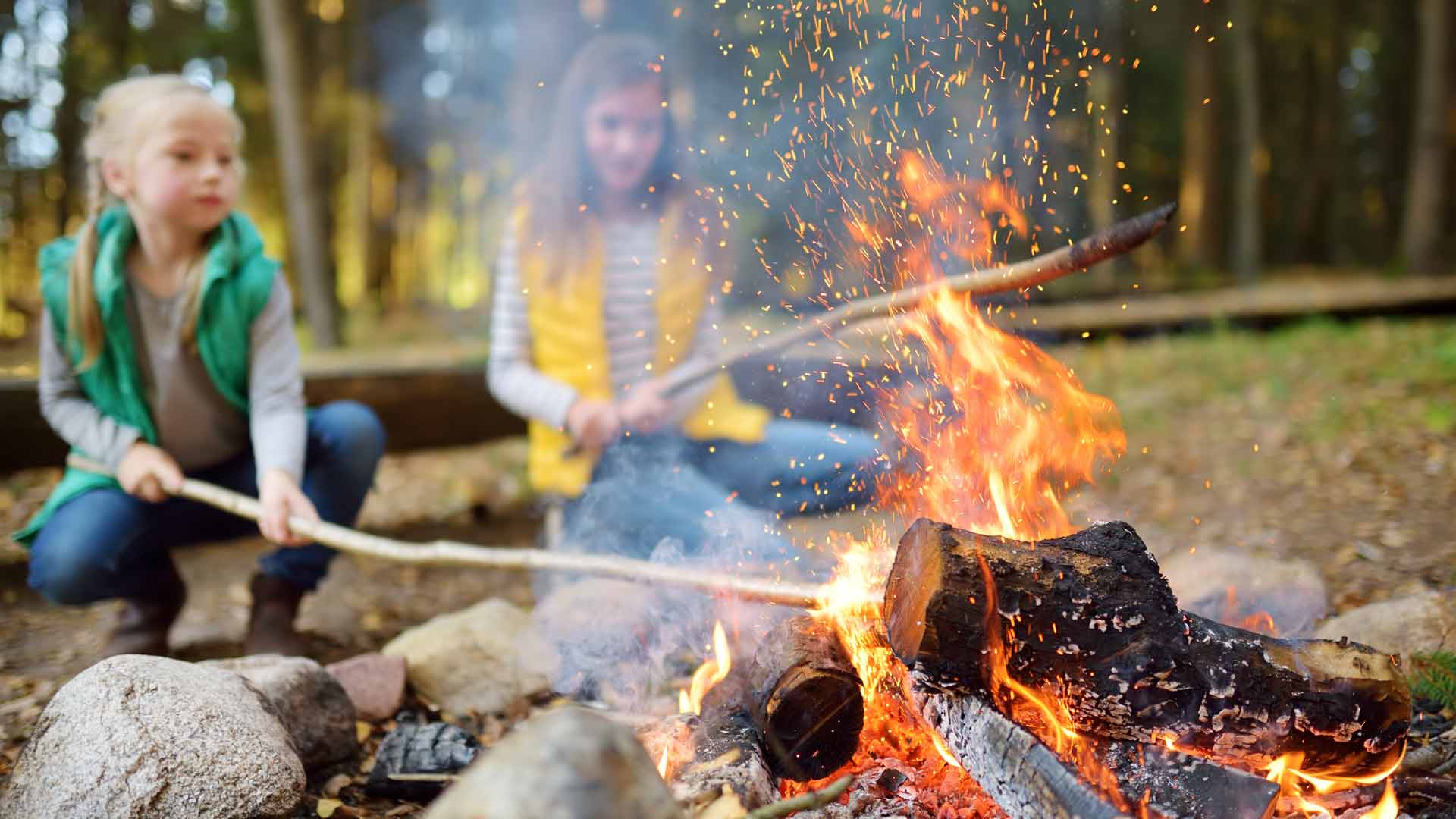Church insurance is an essential part of protecting any ministry. Let’s face it; churches are not immune to natural disasters and human-made accidents. The risk of something happening may be low, but the cost could be high.
In this blog, we will review the top 5 church insurance claims for claims of CTG Insurance, how you can protect your organization from each, and what to do if your church is faced with one of these claims.
#1 – Wind Damage
Wind damage can be costly to church property and your commercial buildings. For our clients, the average cost due to wind damage is $13,965. That is an expensive accident, so it is important to prepare.
Wind Damage Protection for Church Buildings
Consider inspecting your roof annually or hiring a professional to ensure there are no weak spots that could be damaged by wind.
- Ensure your shingles meet or exceed building code and have a high rating for wind resistance;
- Shingles should be tightly nailed down with no gaps;
- Your roof and walls should be secured tightly to avoid updrafts that could lift your roof off;
- Things on the roof, such as heating and cooling units, should be tightly fastened.
Inspect your exterior walls and doors as well
- Survey the church building to make sure it’s well sealed. You want to keep the wind out of cracks and crevices that could cause interior damage;
- Make sure all of your doors are triple hinged and locked with a deadbolt;
- It would help if you locked overhead and garage doors securely.
Don’t forget about other free-standing structures
- Large trees and shrubs should be trimmed;
- Outdoor signage should be securely fastened to the ground or building;
- Ensure that your storage buildings and sheds are properly anchored to the ground and equipment is always stored inside.
#2 – Non-Employee Church Medical Bills
Accidents happen, and sometimes those accidents happen on your church property or at a church-sponsored activity.
Sometimes your members don’t have adequate personal insurance coverage, or they have out-of-pocket costs that need to be covered.
Your insurance policy will usually cover these bills and payments. However, the average cost from claims like this is $3,100 per incident.
What do I do if there is an accident on church property?
The most important thing to remember is to notify your insurance agent. Try to avoid discussing your insurance coverage or who is at fault. Your insurance company will work with your member and their insurance provider directly.
If there is an accident on the church premises or at an event, follow these steps:
- If medical attention is needed, address it immediately. Have your key staff and volunteers trained in basic first-aid and CPR;
- Provide all of the important details on the accident to your insurance agent;
- If there are additional details discovered in the days after the event, keep your insurance company updated.
How do I report the accident?
In the event of an accident, you need to be as detailed as possible. Try your best to collect the following information:
- The name, age, address, and contact details of the person injured.
- Were there any witnesses? Gather their contact information.
- What was the extent of the injury?
- Where did the accident take place?
- How did the accident happen?
You will most likely be asked to complete an Incident Report Form like this one.
How can I offset the risk of needing to make a claim?
Too many claims on your commercial package insurance policy could lead to premium increases or a non-renewal. Considering the following as ways to further protect your organization.
- Leverage a volunteer liability waiver form to transfer risk away from the organization;
- Consider purchasing an accident policy for an added layer of protection for small medical bill payments.
#3 – Freezing
Did you know that pipes can begin to freeze when the temperature drops to 20 degrees or below? If your building will be closed for an extended period, keep your thermostat set to at least 55 degrees.
Over the past 5 years, we’ve seen an average cost of a frozen pipe claim around $14,000. This is one of the most common during the winter months.
Similar to your own home, here are some tips to avoid frozen and busted pipes:
- Let cold water drip from a faucet from pipes that are closest to exterior walls;
- Open kitchen and bathroom cabinet doors, especially if they’re on exterior walls;
- Invest in insulation for pipes that travel through attics, basements, or crawl spaces;
- Updated to a smart thermostat that you can monitor and control remotely.
#4 – Water Damage Caused by Storms or Rain
Water damage comes in different shapes and sizes. Another common claim involving water is one caused by damage from a storm or rain.
For example, during a large storm, the wind blows a tree onto your roof, creating a large hole. The storm is dumping heavy rain into that hole, and it causes significant damage to the interior.
This type of claim is usually associated with a different claim, like wind damage. Avoiding and preventing this particular one is very dependent on mother nature and the availability of an organization like SERVPro for cleanup and restoration.
#5 – Flooding
Flood and water damage can be very costly to churches. From a water line break to a flash flood, preparation is key to help minimize the risk of damage to your property and building.
In the event of a water emergency, it is important to know what to do before, during, and after.
Water Emergency Preparedness
There are times when you can’t prevent something like a flash flood. However, there are things you can do to prepare:
- At least once a year, have your roof inspected by a professional;
- Find out where your main water shut off valve is located and know how to turn it off;
- Keep an updated list of all your emergency contacts like your insurance agent, your plumber, your electrician, and your restoration company like SERVPro.
Free Commercial Water Sensors
More than likely, your insurance company offers free sensors to detect water leaks or freezing temperatures. Here are links to two church insurance companies offering free sensors:
What to do During a Water Emergency
Time is of the essence. Depending on the type of water emergency, there are a few important steps you should do quickly:
- If possible, turn off the main water supply;
- Call your restoration company to begin the water clean-up process. You want to do this quickly to avoid additional damage and mold growth;
- Document. Your insurance agent, insurance company, and restoration company will have lots of questions. If you’re able, take photos and video to even further document the damage;
- Contact your insurance agent or your church insurance company to begin the claims process.
An average flood costs our clients around $4,700, so this is not an inexpensive repair. Being as prepared as possible and acting quickly will help your church avoid an interruption to your important ministry activities.
Review Your Insurance Policy
Church insurance claims can be costly, both in time and money, while creating an unnecessary interruption. Review your insurance coverage and ensure you have the following risk mitigation tools in place to help avoid these costly claims:
We hope this blog has helped you understand some of the most common church insurance claims and how to avoid them.








